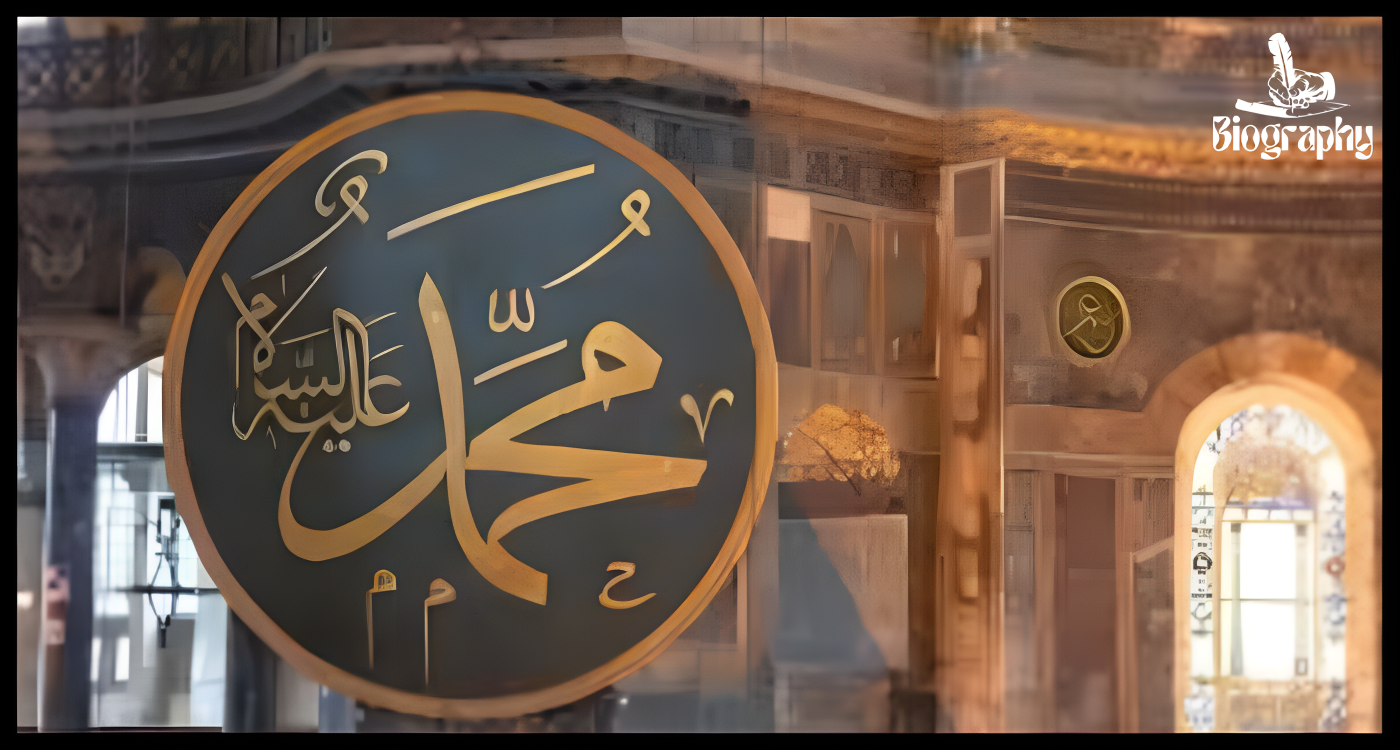Prophet Muhammad (ﷺ) is loved and respected by Muslims around the world. He is known for his kindness, honesty, and wisdom. As the last prophet of Islam, his life offers lessons for everyone on how to live a good and just life. He came with the message of the Quran, continuing the work of earlier prophets like Adam, Noah, Abraham, Moses, and Jesus (peace be upon them all). His goal was to teach people about the oneness of God (Tawheed) and guide them to live a life that pleases Him.
Early Life of Prophet Muhammad (ﷺ)
Prophet Muhammad (ﷺ) was born in 570 CE in Makkah, into the Quraysh family. He faced challenges early on, losing his father before he was born and his mother when he was just six years old. He was cared for by his grandfather and then by his uncle. Even from a young age, people knew him as an honest and trustworthy person. He earned the title “Al-Amin” (the trustworthy) because of his good character.
The Beginning of Prophethood
When he turned 40, the Prophet (ﷺ) received his first message from Allah through the Angel Gabriel while meditating in a cave called Hira. This was the start of his mission as a prophet. He began teaching people that there is only one God and that they should stop worshipping idols.
At first, many people in Makkah didn’t accept his message. But his wife Khadijah, his close friend Abu Bakr, and a small group of followers stood by him. Over time, more people began to listen and accept Islam.
Teachings of Prophet Muhammad (ﷺ)
The Prophet Muhammad (ﷺ) trains that everyone ought to worship one God and treat each other with kindness and equity. He highlights assisting the negative, respecting girls, and looking after orphans. His famous saying,“Quality among you are those who have the fine manners and individual,” indicates how essential accurate conduct changed to him.
He led by example, always showing mercy and patience, even to those who treated him badly. His teachings still inspire people to act with compassion and justice today.
The Migration to Medina (Hijrah)
As competition for his message grew in Makkah, Muhammad (ﷺ) and his followers moved to the metropolis of Yathrib, later called Medina, in 622 CE. The Islamic calendar begins with this event, known as the Hijrah. In Medina, the Prophet (ﷺ) built a community based totally on equity, in which everybody, no matter their faith, changed dealt with, and recognized. He created the Constitution of Medina, which set out rules for humans to live in peace collectively.
Important Battles and Peace Agreements
While living in Medina, Muhammad (ﷺ) and the Muslims faced several battles, such as the battles of Badr, Uhud, and the Trench. These battles were fought to defend the Muslim community. One of the most crucial events was the Treaty of Hudaybiyyah, a peace agreement between the Muslims and the Quraysh circle of relatives. Though it was regarded as a loss before its entirety, it helped Islam spread peacefully.
The Conquest of Makkah
In 630 CE, the Prophet (ﷺ) and his followers returned to Makkah, but rather than seeking revenge on people who opposed him, he showed mercy. He forgave many of the individuals who had treated him rudely inside the beyond. After coming into Makkah, he cleared the Kaaba of idols and restored it as a place for the worship of Allah.
The Final Sermon
During his ultimate venture in 632 CE, Muhammad (ﷺ) gave a farewell speech. In it, he reminded his followers that everybody is equal, regardless of their race or historical past, and that the most effective desirable attempt and religion make someone better in the eyes of Allah. He additionally spoke approximately the rights of women and the importance of treating others fairly.
He reminded his followers to follow the Quran and his teachings to stay on the right path.
The Legacy of Muhammad (ﷺ)
Last Prophet (ﷺ) left behind a lasting legacy of justice, kindness, and wisdom. His life and teachings continue to guide Muslims and inspire people from all walks of life. His message was not just for his time but for all of humanity.
As the Quran says:
وَرَفَعْنَا لَكَ ذِكْرَكَ
“We have raised high your fame.” (Quran 94:4)
This promise shows that the name and message of Prophet Muhammad (ﷺ) will always be remembered and honored.
Conclusion
Prophet Muhammad (ﷺ) is loved by Muslims for his honesty, kindness, and knowledge. He spent his life spreading the message of Islam and teaching human beings to live with fairness and recognition. His instance suggests the importance of worshiping one God and being true to others. Even today, his life inspires people to live with good values, treating others with compassion and justice. By following his teachings, we are able to discover ways to be extra patient, type, and helpful each day.
















